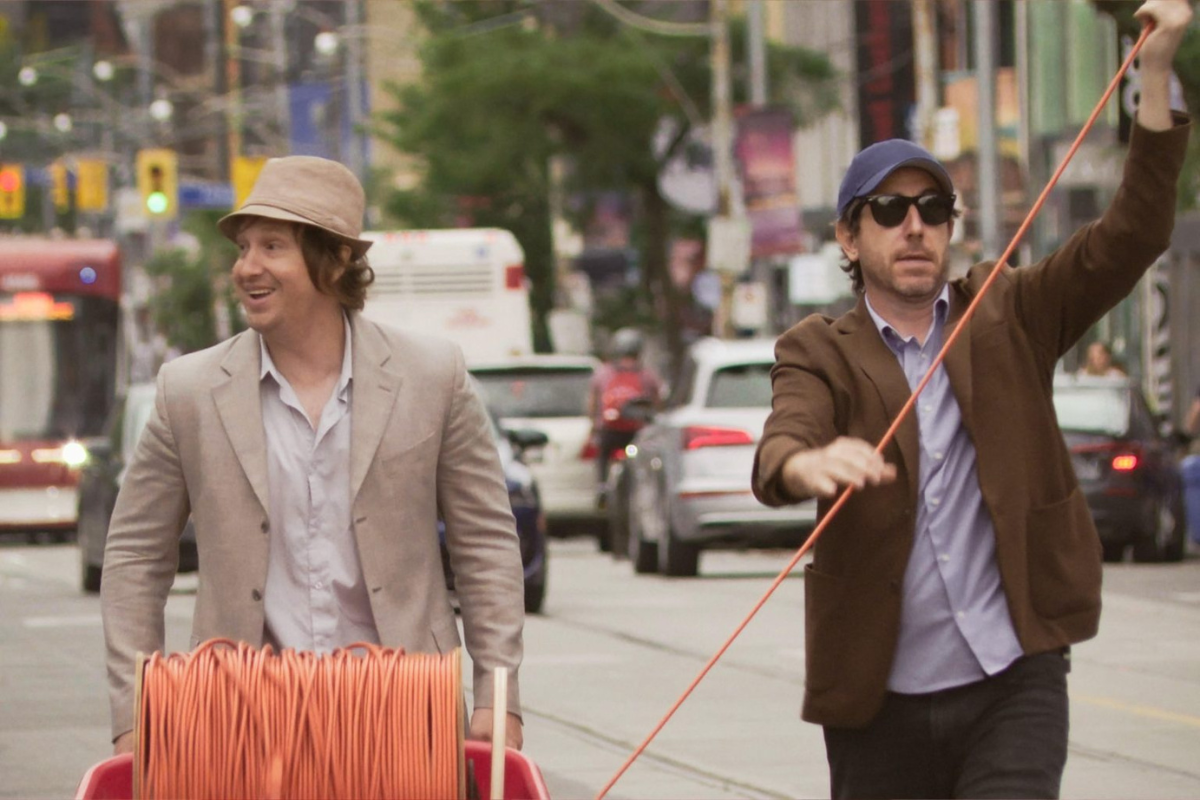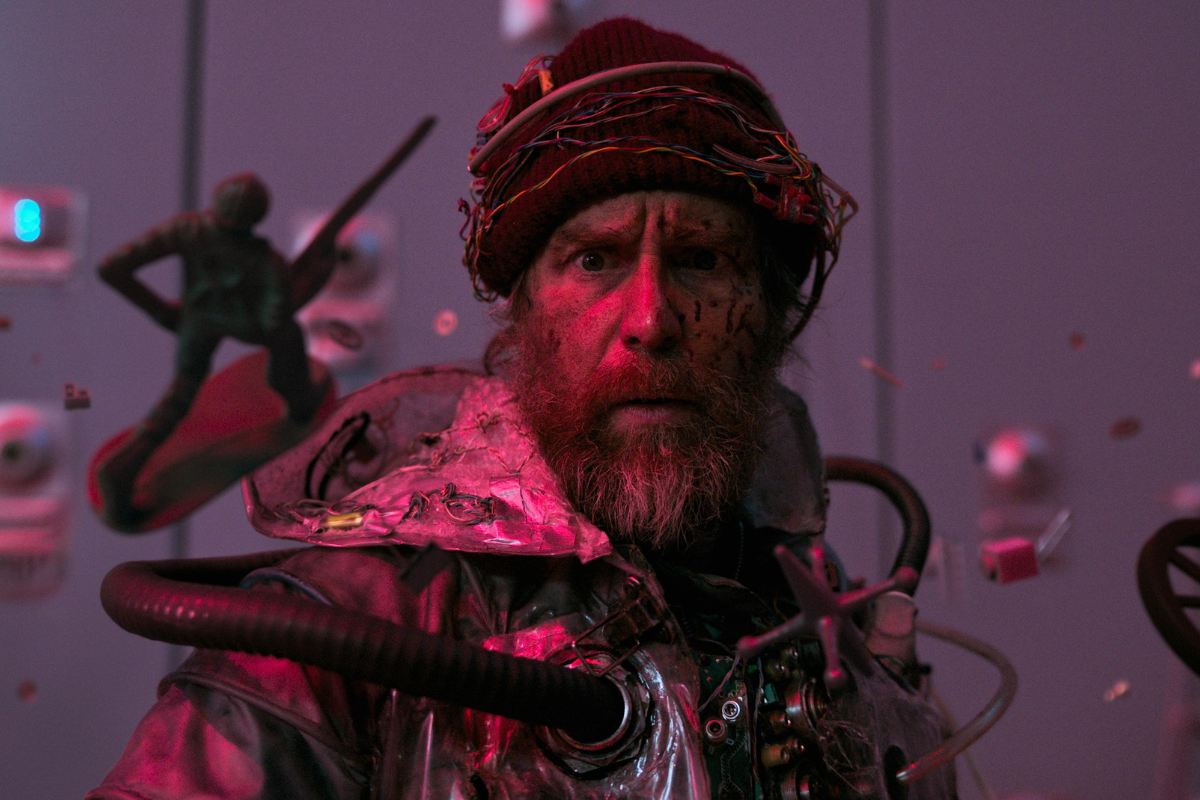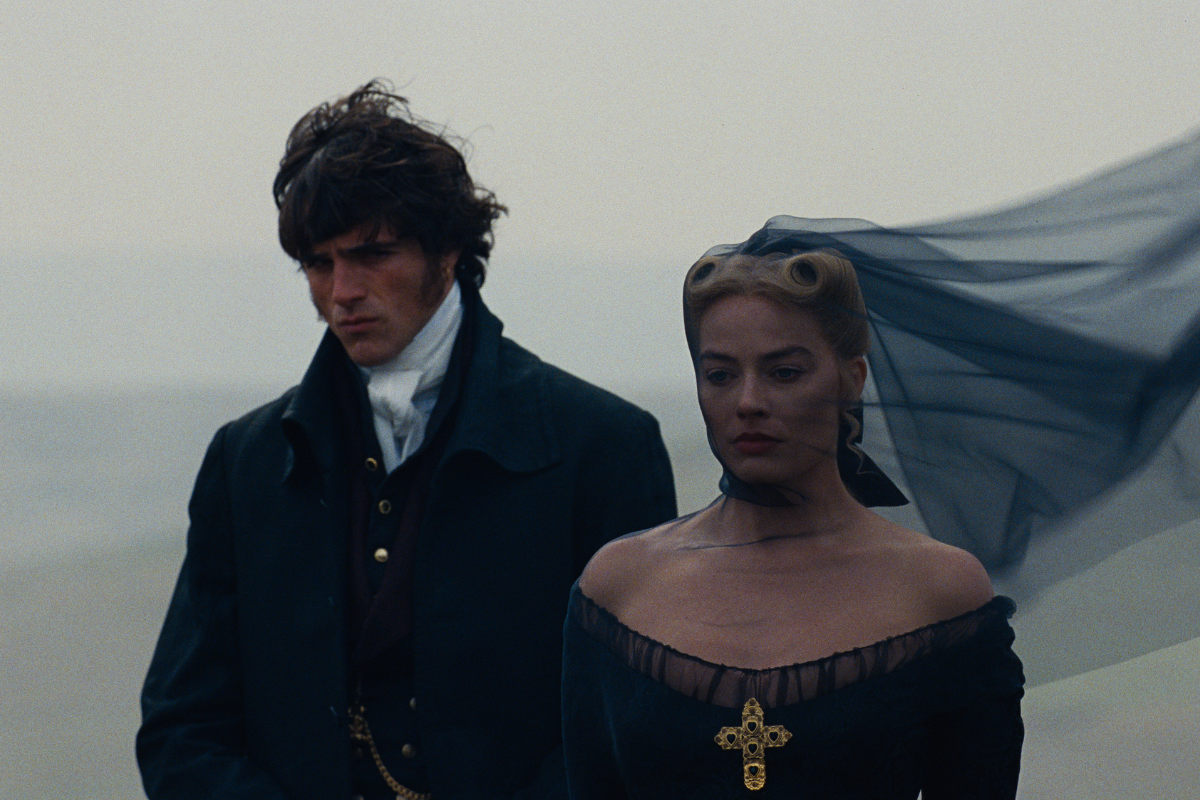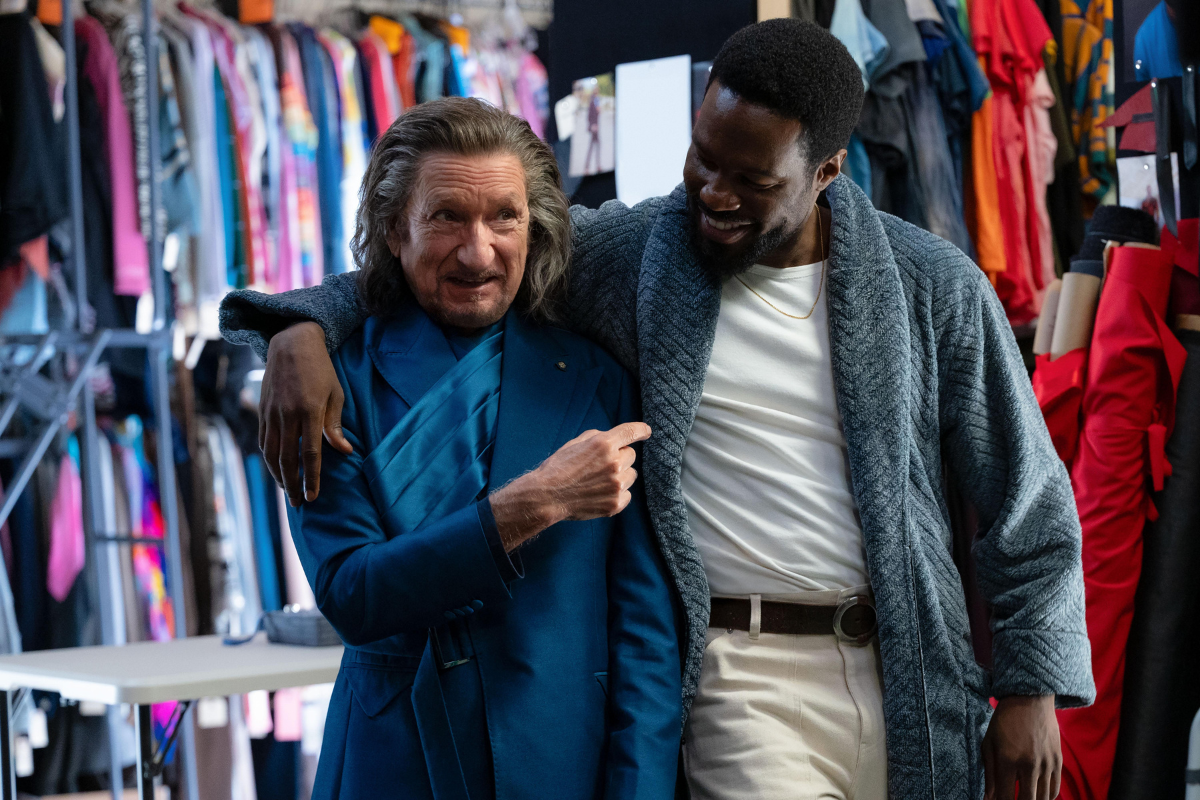FILM REVIEW: The Social Network
David Fincher’s The Social Network is a generation-defining film, on par with the likes of The Breakfast Club, Clerks, and American Graffiti; films that captured the collective consciousness of the college generation of its time. This is that film for the 2000s.
David Fincher's The Social Network is a generation-defining film, on par with the likes of The Breakfast Club, Clerks, and American Graffiti; films that captured the collective consciousness of the college generation of its time. This is that film for the 2000s.
It's a film about competition, of relationships, of privilege versus the underdog. It defines the social experience as we live it today and how one person had the vision – and more importantly, the talent – to turn that vision into a reality… and at what cost.
The strength and heart of the film lies in Jesse Eisenberg's amazing performance as Facebook founder Mark Zuckerberg. As it's been noted in other reviews, it's not exactly a flattering portrayal of the world's youngest billionaire, but it's not mean-spirited either. Eisenberg communicates the genius, insecurity, quirkiness, arrogance, anger and confidence of the eccentric "code monkey" brilliantly. His performance is mesmerizing. It's tough to take your eyes off him.
In the story, Zuckerberg is portrayed as an arrogant outsider, confident in his own genius but lacking that social gene that would help him garner friends, a girlfriend, and a more exciting social life. (You get the feeling he drinks beer just because everyone around him at Harvard does.) Because he has only one true friend he trusts, his life revolves around himself and his computers. They are his tools for expression. It's the one thing he can have a comfortable relationship with without all the complications of the human experience. His complete social disconnect – and the ramifications from it – are what sets in motion the creation of what would eventually become Facebook.
And due to Aaron Sorkin's brilliant script (written in conjunction with and inspired by Ben Mezrich's book, The Accidental Billionaires), all of this essential information is established in the first scene of the film.
Without giving away any spoilers, the film is told in flashbacks through the deposition hearings of two real-life lawsuits against Zuckerberg. One suit was filed by his then-best friend Eduardo Saverin (a stellar performance by future Spider-man, Andrew Garfield), a Harvard business student who was the original CFO of Facebook. The other suit was filed by twins Tyler and Cameron Winklevoss (both played to perfection by Armie Hammer) and Divya Narendra (Max Minghella), who claimed to have come up with the original concept for Facebook through their idea for an exclusive online social network called the Harvard Connection. They in turn recruited Zuckerberg to code and create the site for their idea. Sean Parker, the charismatic yet troubled co-founder of Napster (an inspired performance by Justin Timberlake), eventually shows up as the driving force that pushes Facebook (and Zuckerberg) to the next level - and their millionth user - sacrificing some things in the process.
This film finds Fincher and Sorkin at the top of their game. Fincher's signature dark tone (see Fight Club and Zodiac) sets the mood perfectly while Sorkin's witty banter and quick pace keeps you engaged the entire film. In fact, there are so many quotable lines of dialogue I wouldn't be surprised if we see them on t-shirts by Christmas. There's never a lull in the storytelling. For a drama, the pace is so quick it may take a repeat viewing just to catch everything that crosses the lens. The film has its fair share of humor spread throughout, as well. Some even laugh-out-loud funny. (The tech crowd will no doubt appreciate some of the Silicon Valley insider references.) It's also beautifully shot by cinematographer Jeff Cronenweth and includes a pulse-pounding soundtrack by Trent Reznor and Atticus Ross that gives the film amazing texture, energy and life.
That's not to say the film is flawless. There are a few heavy-handed scenes that push the storyline a bit too much. (A scene in England, in particular, regarding the spread of the social network was so cheesy it was almost cringe-worthy.) But such scenes are so miniscule and, coupled with the film as a whole, are easily forgiven.
Personally, my biggest fear regarding The Social Network is the inevitable deconstruction of fact vs. fiction and how this debate may take away from the incredible artistic achievement this film represents. Remember, the origin of Facebook isn't ancient history or something that happened a generation ago. The events depicted in the film are between 2003 (when the seeds for Facebook were planted) to 2008 (around the time the lawsuits settled). All the players are alive; and all of them have their own version of what happened.
The geeks will take this film apart frame-by-frame… it's just what geeks do. From Mashable to Gawker to CNN, there will be many stories and debates questioning the validity of the films "facts." Such discussions may be great for publicity (and maybe not-so-great for Facebook) but it can tarnish an otherwise amazing film. It's tough to enjoy the story if you're constantly wondering if what you're seeing on the screen really happened or not. The audience needs to accept it for what it is… a movie.
For me, it doesn't matter if the acts being depicted are accurate. It's a film; artistic choices have been made to drive the story. What's more important is that no matter how accurate or sensational the film is compared to the reality, the film presents an incredibly compelling story worthy of being told. We're watching lightning strike. We witness the birth of ideas (whether it's accurate or not) of such concepts as status and relationship updates, photo tagging, "liking," and the idea of living our lives concurrently in the flesh and in pixels … and why this all matters.
The Social Network opens in wide release on October 1.
Joshua Stecker is a freelance entertainment journalist based in Los Angeles. His bylines include The Hollywood Reporter and Death & Taxes Magazine. Stecker is the former west coast/web editor of Script Magazine. He's also the co-founder of the Modjeska Playhouse theatre company in South Orange County. Follow him on twitter at @joshuastecker.







